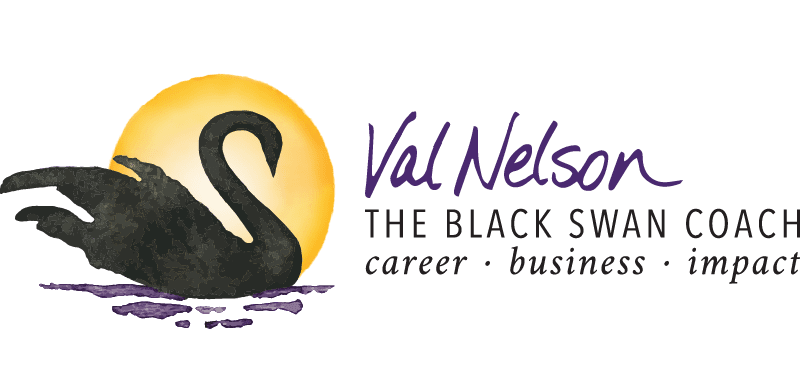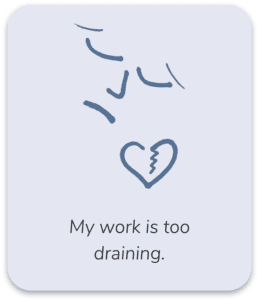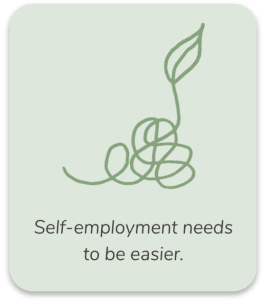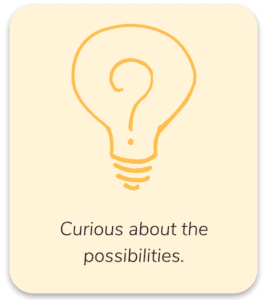I tend to overthink. Familiar? I’ve been noticing lots of messages this year to just “trust your instincts.” I took it as a sign to try doing that even more, especially in my business. I thought I had been doing that, but there was room to grow here. So much less overthinking now!
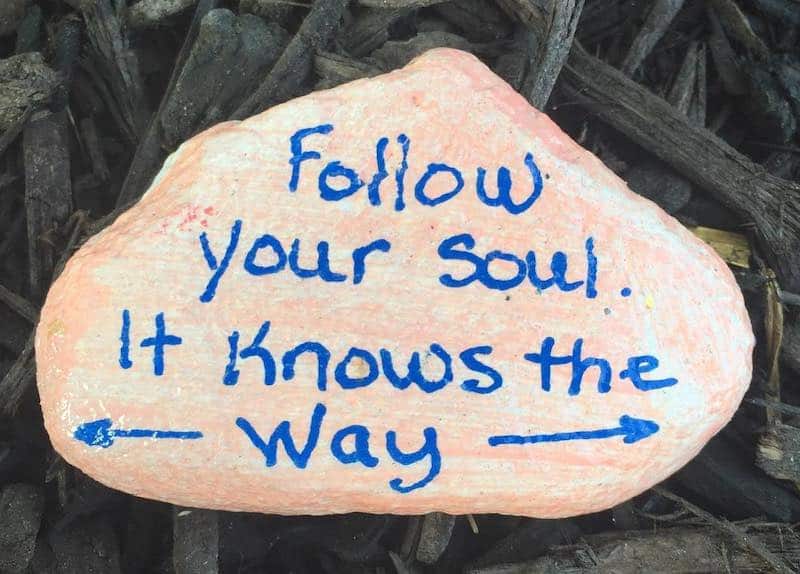
I know it can sometimes be hard to know what our instincts are saying, and hard to trust them.
I’ve discovered it can be fairly simple too. This is a favorite topic of mine. (My clients know this well.)
I’ve decided to tune in inside even more (multiple times a day, even during conversations), and I am trusting more easily in the signals I hear.
Why it matters:
Gosh it saves time and trouble!
Each time I do it, I like how it goes! Which then fuels me to listen and trust even more. Whether small stakes or larger stakes, I do this, but I break the big ones into small chunks.
I’ll explain:
- Exactly how it works for me.
- Something to try at home.
- Caution: when not to trust your intuition.
- A current example.
- Bottom line.
Here’s how it goes, when I tune in:
 It’s very simple what I do. Here’s how it sounds inside my head more of the time now at work, in a matter of one minute:
It’s very simple what I do. Here’s how it sounds inside my head more of the time now at work, in a matter of one minute:
- What should I do or say here?
- Wait. Stop and listen inside for a signal.
- There it is. I can feel myself leaning in this direction. Oh yeh, that feels better when I let myself go that way. (The “yes” signal is a calming feeling, without constriction.)
- Ok let’s do it. No harm in trying it out (at least a small step). See how it goes.
- I already want to start and now it feels fun.
It’s such a nice affirmation that when I do this, there’s more flow in the implementation of the idea because it feels true inside. Yay for more ease with productivity. I’ll take that. I like to say, “Follow the flow.”
Setting that clear intention to trust my instincts more has helped it to happen more, which in turn is adding more ease, joy, and flow at work.
Try this at home:
 Maybe we could both think about where we get muddled in our decisions and then consider if we are willing to pause to tune in and trust what we hear inside. Could be worth some journaling. (Reply comments are welcome below too.)
Maybe we could both think about where we get muddled in our decisions and then consider if we are willing to pause to tune in and trust what we hear inside. Could be worth some journaling. (Reply comments are welcome below too.)
The first thing that comes to me is when the decision has to do with spending, even a small amount, it can get sticky in my head. I think I’ll do some sitting with that.
Can you really trust your “instincts”? Caution:
It’s much easier, and more reliable, to hear and trust my instincts when it’s something I’m more familiar with, like decisions in a business I’ve had for so many years.
But when it’s something new to me, I know I need to slow down, get more information first. Then I can go back to listening inside as to what is the best next step. The next step is often a small one, to test the waters before jumping in.
The reason for this difference is that our instincts are incorporating past experiences into its wisdom. Less experience, the less reliable it is.
The more I know, fast “knowing” is ok. The less I know, I slow down.
Example of trusting my instincts this week:
In a real life example, today’s instincts told me to offer a particular free event for my community. So I’m just going with it before overthinking. It feels very freeing.
I’ve been enjoying the occasional meetups I’ve hosted for my community, so my brain already knows this is an easy and positive zone, so it was just one small decision when the next topic came to me. I still had a brief wondering about whether now is right for my people and my focus, but in a brief check-in inside, it said yes and I started setting it up. Simple simple.
I think before this year, I would have put it on “the list of ideas” and it might have lingered there feeling like pressure or ongoing questioning, which is draining. I know I don’t want to overfill my calendar, but I also don’t want to overthink, because underlying thinking thinking takes up too much space.
I’m even trusting my instincts more when it comes to not overdoing. I could feel instinctively that this idea today was a good use of my time and energy.
By the way, you can get the invitations to my occasional free meetups when you’re a subscriber. Perhaps I’ll see you at the next one.
Bottom Line:
- When you pause to tune in, it can really save time, trouble, and overthinking.
- Tuning in just takes practice, but it can be simple.
- The more I know about the topic, fast “knowing” is more reliable. The less I know, I slow down and check the facts.
